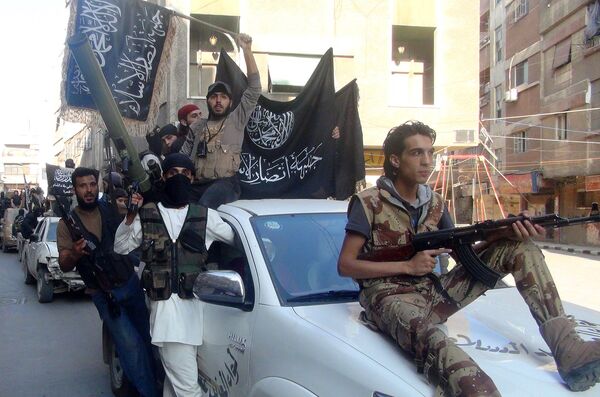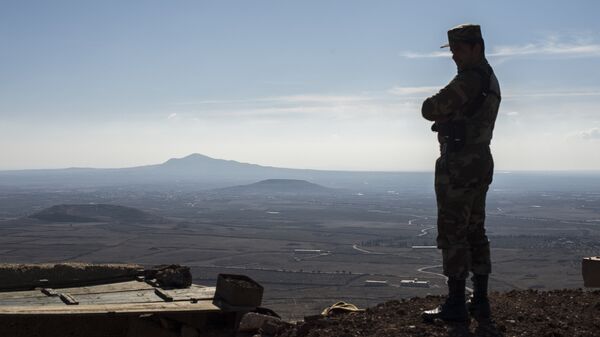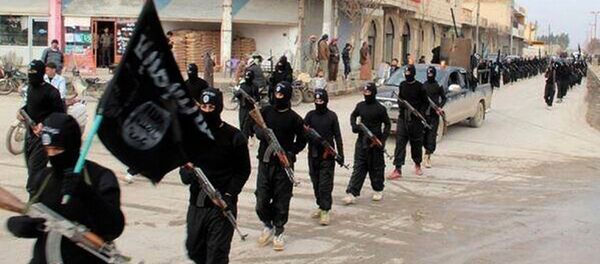Failure to impose punitive measures on state-sponsors of terrorism, following Daesh's Sunday attacks in Damascus and Homs, undermines the US-Russian announced cessation of hostilities terms on the eve of their implementation, US author and syndicated columnist Stephen Lendman underscores.
"Moscow and Washington will work with pro-Western UN envoy to Syria Steffan de Mistura, a US-appointed stooge, aiming to assure all parties abide by ceasefire terms. So far, no meaningful mechanism was established to mediate reported violations, no enforcement procedure, nothing to hold violators accountable," Lendman writes in his article for Global Research.
He suggests that the upcoming 'cessation of hostility' will be used by Washington and NATO as a stick to beat Moscow and Damascus with.
Lendman cites UK Foreign Minister Phillip Hammond, who claimed that the ceasefire "will only succeed if there is a major change of behavior by the Syrian regime and its backers."
What did he mean by a "major change of behavior"?
Hammond called upon Moscow and Damascus to stop targeting "moderate rebels." The crux of the matter is that the Pentagon officials and NATO war planners do not have the slightest idea who these elusive "moderates" are.

"Realpolitik has no Hollywood endings," Lendman remarks, "Expect no meaningful change for the better on the ground ahead."
In an exclusive interview with Radio Sputnik Larry Johnson, retired CIA intelligence officer and State Department official echoed Lendman's concerns.
"The Syrian army with the backing of Russia and Iran is operating very effectively and retaking significant swats of territory from the terrorists and pushing them towards Turkey. I don't see why Syria would go for the ceasefire now when the situation is working out to their advantage," the CIA veteran underscored.
On February 22 the United States and Russia reached a compromise on the Syrian ceasefire starting on February 27.
However, in accordance with the deal, military actions conducted by Syria, Russia and the US-led coalition will continue against Daesh, al-Nusra Front, and other UN-designated terrorist groups.
According to international relations scholar Pami Aalto the agreement is a "diplomatic victory for both sides."
The breakthrough deal is a "very positive development" and a sign showing that Washington and Moscow can ultimately come to agreement, Aalto told Radio Sputnik.
According to the academic, the best way to implement the 'cessation of hostility' agreement would be "to have UN-approved troops to be on the ground in Syria in order to collect information, oversee the implementation of the agreement and confirm that things actually go as the agreement stipulates."
In light of the ceasefire deal it is possible that the Geneva peace talks scheduled to resume on February 25 would be postponed until early March.



